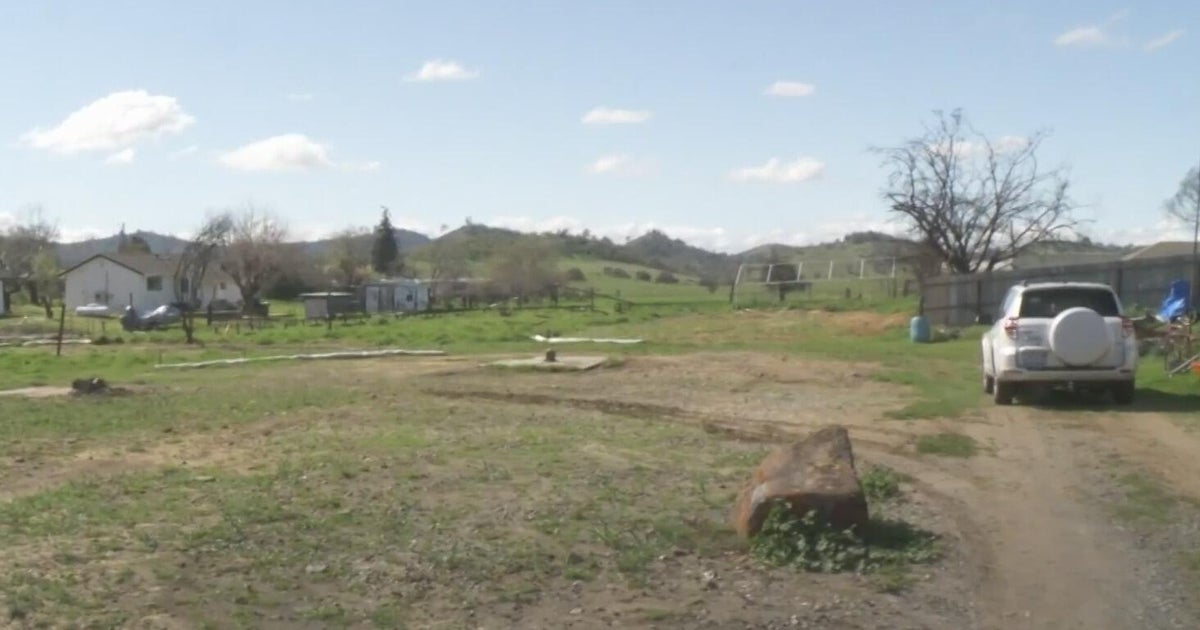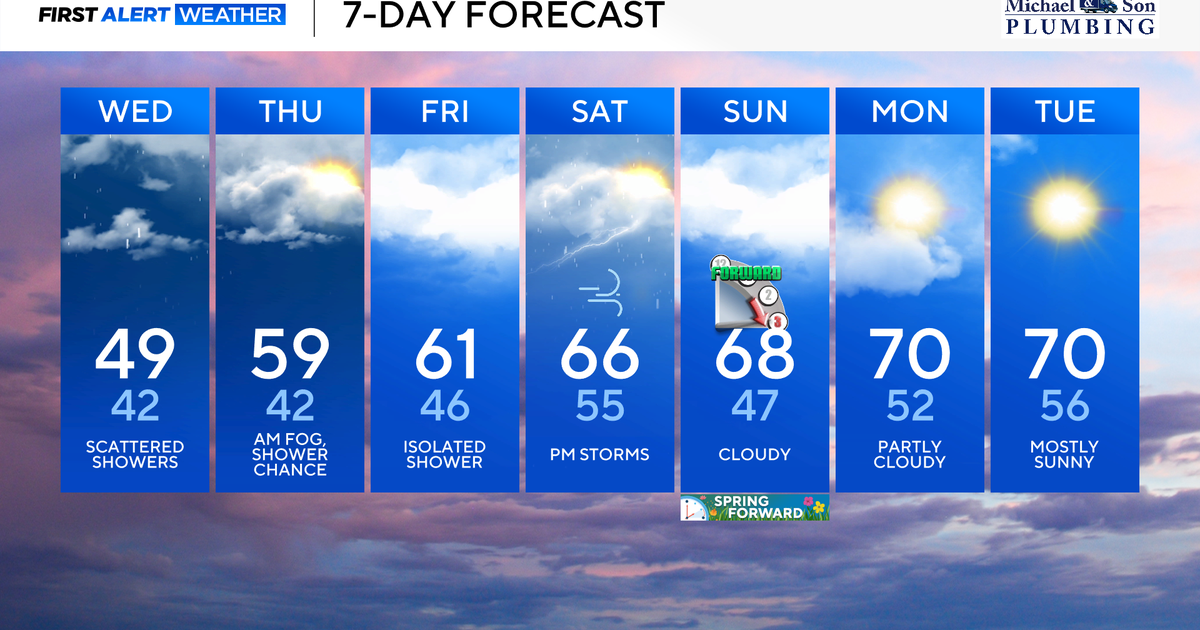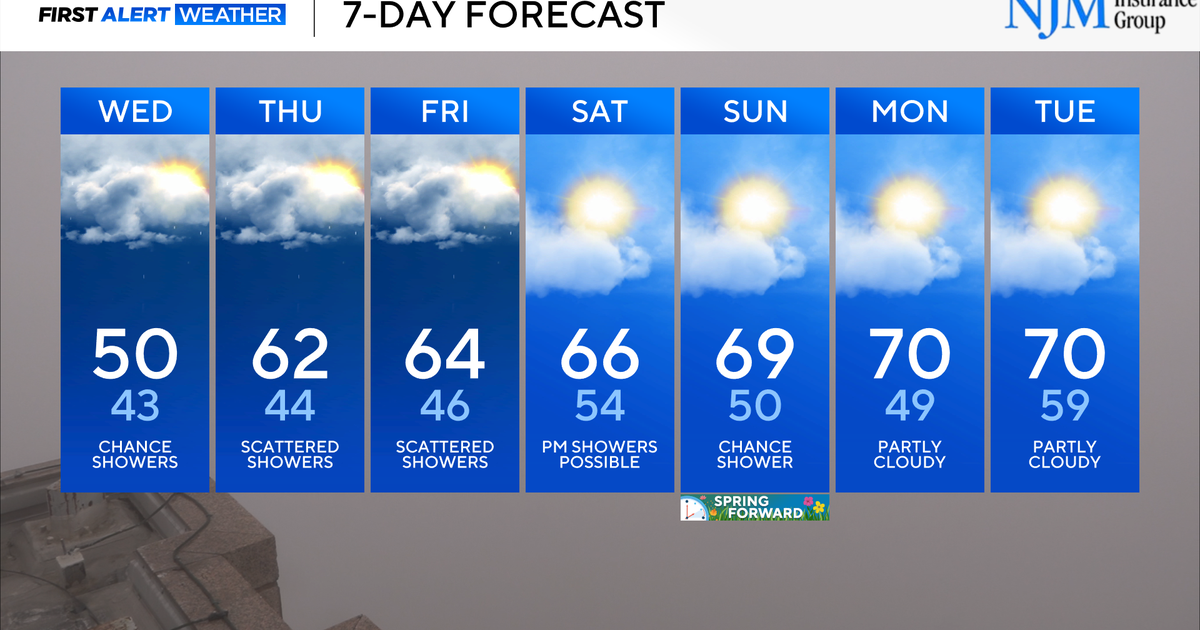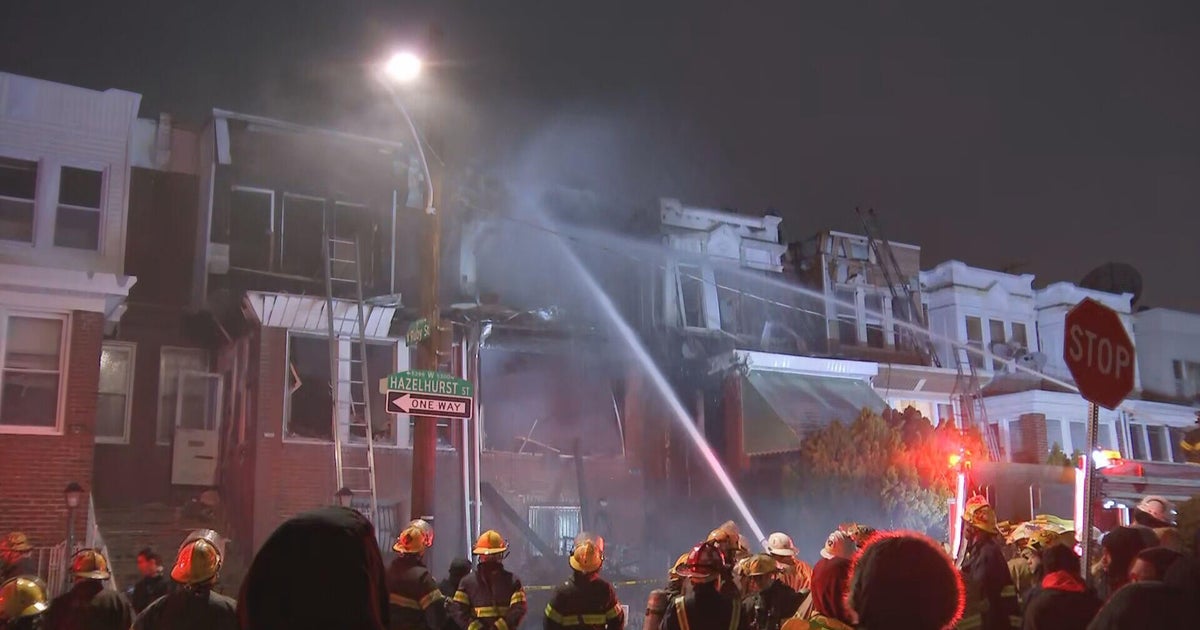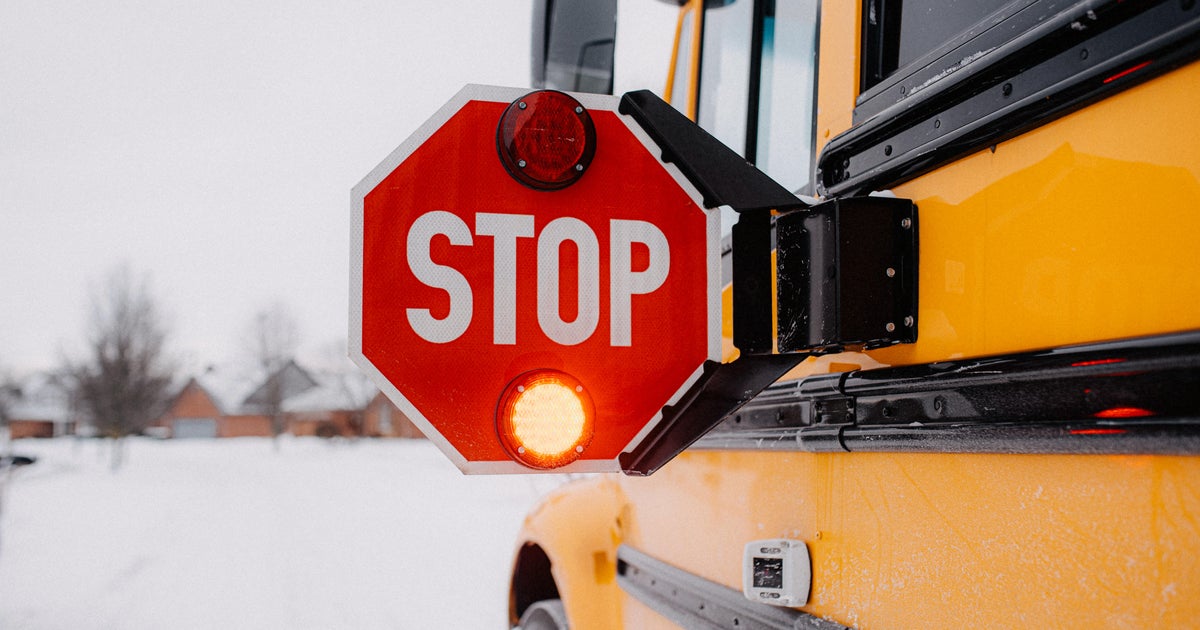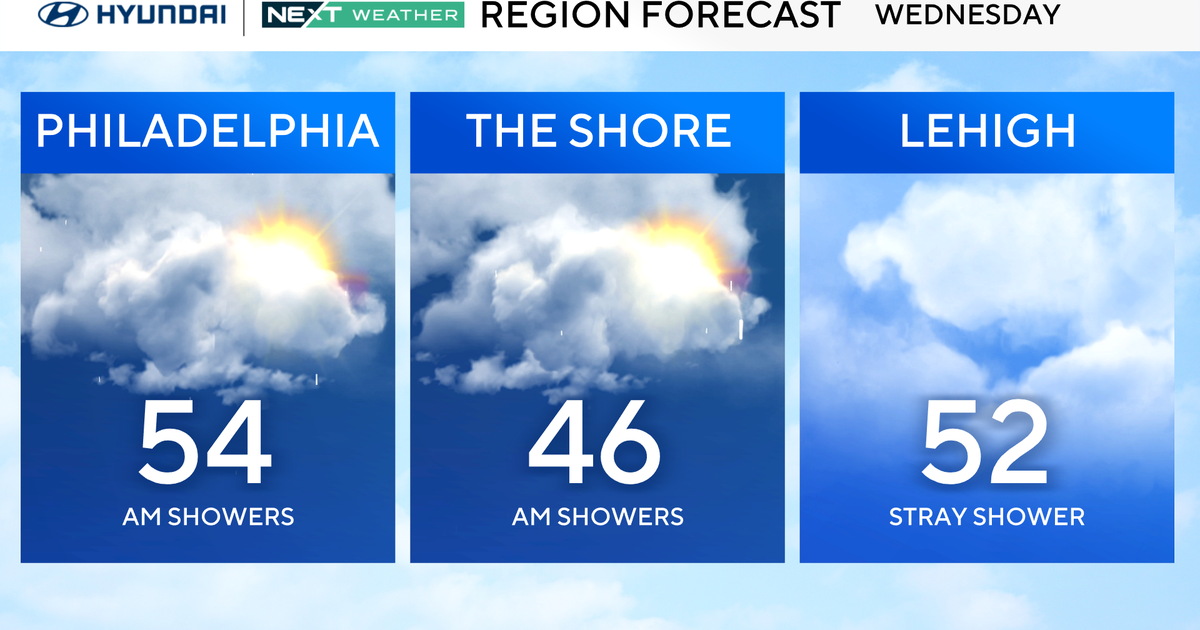1 in 4 U.S. homeowners is financially unprepared for costs of extreme weather, report finds
Add tornadoes, wildfires and floods to the already lengthy list worries for U.S. homeowners.
More than a quarter of homeowners (26%) say they are not financially prepared to handle the costs if extreme weather damages their home, according to a new report from Bankrate. Among those polled, 14% reported they are somewhat unprepared and 12% say they are very unprepared, the personal finance site found. The findings come as hurricane season reaches its peak.
People who are "unprepared for that kind of climate risk intersecting with the amount of unknown risk that exists in the country is really alarming in a lot of ways," Dr. Jeremy Porter, head of climate implications research at First Street, a firm that studies climate risk, told CBS MoneyWatch.
The Bankrate survey provides a snapshot of homeowners' financial position in a climate landscape where summers are becoming hotter, hurricane season more active and wildfires more destructive. As billion-dollar climate disasters become more common, homeowners will have to absorb part of the cost via higher insurance rates, weather-proofing strategies and repairs.
In the Bankrate survey, 15% of homeowners said they would not be able to pay their insurance deductible without going into debt if their home was damaged in an extreme weather event.
Geographically, people in the the South (29%) and West (28%) reported the greatest degree of financial vulnerability to extreme weather, the survey found.
"People living in the South are more likely to have home policies with percentage-based wind deductibles and flood insurance, so they're more likely to have the highest deductible amounts, and their earning potential is actually lower," said Shannon Martin, an analyst at Bankrate.
Changing insurance market
It's no secret that the insurance market is going through a rapid transformation. Insurers like Allstate and State Farm are withdrawing from states prone to fires and coastal flooding or opting to raise their premiums, making homeowners' coverage less affordable.
Porter said rates are likely to rise in the future given that insurers hasn't fully priced climate-related costs into the real estate market. "There are more increases to come in terms of additional costs of even homeownership," he said.
According to Bankrate, 7% of those polled said they do not have homeowners insurance. That figures rises to 15% for people earning less than $50,000 annually. According to the Insurance Information Institute, 12% of homeowners went without insurance in 2022.
How to protect your property
Understanding your risk is important, experts say, especially given that dealing with extreme weather is unprecedented territory for most Americans.
"Homeowners may also face the risk of hazards they have not faced in the past," said Andrew Kruczkiewicz, a senior staff associate at the National Center for Disaster Preparedness, part of Columbia University's Climate School.
Of those polled by Bankrate, 43% said they had not taken any steps in the past five years to protect their home against property damage due to dangerous weather, while just 9% of homeowners had invested in weather-proofing measures.
By contrast, more homeowners are at least aware of the growing risks, Martin said. "What this survey told me is that more people are kind of paying attention to what's happening in terms of extreme weather."
According to Bankrate, 39% of homeowners said that they reviewed their auto or home insurance policy to ensure they have the proper level of coverage.
"It seems like such a simple and basic thing, but it's honestly the first step that everyone should take," Martin said.
Martin recommends calling your insurer or finding a time to meet with them in person to review your policy. Something like fire or flooding may be covered one year and not the next, she said.
Martin also said people should check out Risk Factor from First Street and Climate Check, tools that allow users to look up their property and view extreme weather risk. "
You can look there and understand the smaller, more affordable things you can do to your house to make sure that you're protecting yourself against those types of damages," Porter aid.
Getting out while there's still time
In some cases, mitigation strategies simply won't cut it. Over those polled in Bankrate's survey, 7% said they ultimately moved to a lower risk area to reduce the risks of extreme weather.
The trend is relatively small at this point, said Porter. "I would expect in the near future, we won't see any mass macro level migration." Still, more and more people are taking risks into consideration and making climate informed decisions, he added.
Joe Printz, a New York-based wine shop owner and former restaurateur, is one of them. Printz closed on a home in Napeague Harbor, on the South Fork of Long Island, New York, in early 2021. Just three years later, he and his partner are already considering selling it for fear it might one day be underwater.
Made of six repurposed steel shipping containers fit together Tetris style, Printz 's home, nicknamed the "Beach Box," is a formidable force against extreme weather. "I'm telling you, a tidal wave would probably only knock out the windows," he said.
But even the sturdiest of materials may not stop it from getting pummeled by a flood. If past storms are any indication, water from the ocean, only two and a half blocks away in the case of Print's property, will find its way.
A local coastal resiliency report predicts there's a 60% chance a 100-year coastal flood will hit that part of Long Island in the next 30 years and that sea level rise could transform East Hampton into a series of islands as early as 2070.
Printz doesn't want to take any chances. "We are going to fix up our house. We're going to live in it for three or four more years and probably sell it," he said.
